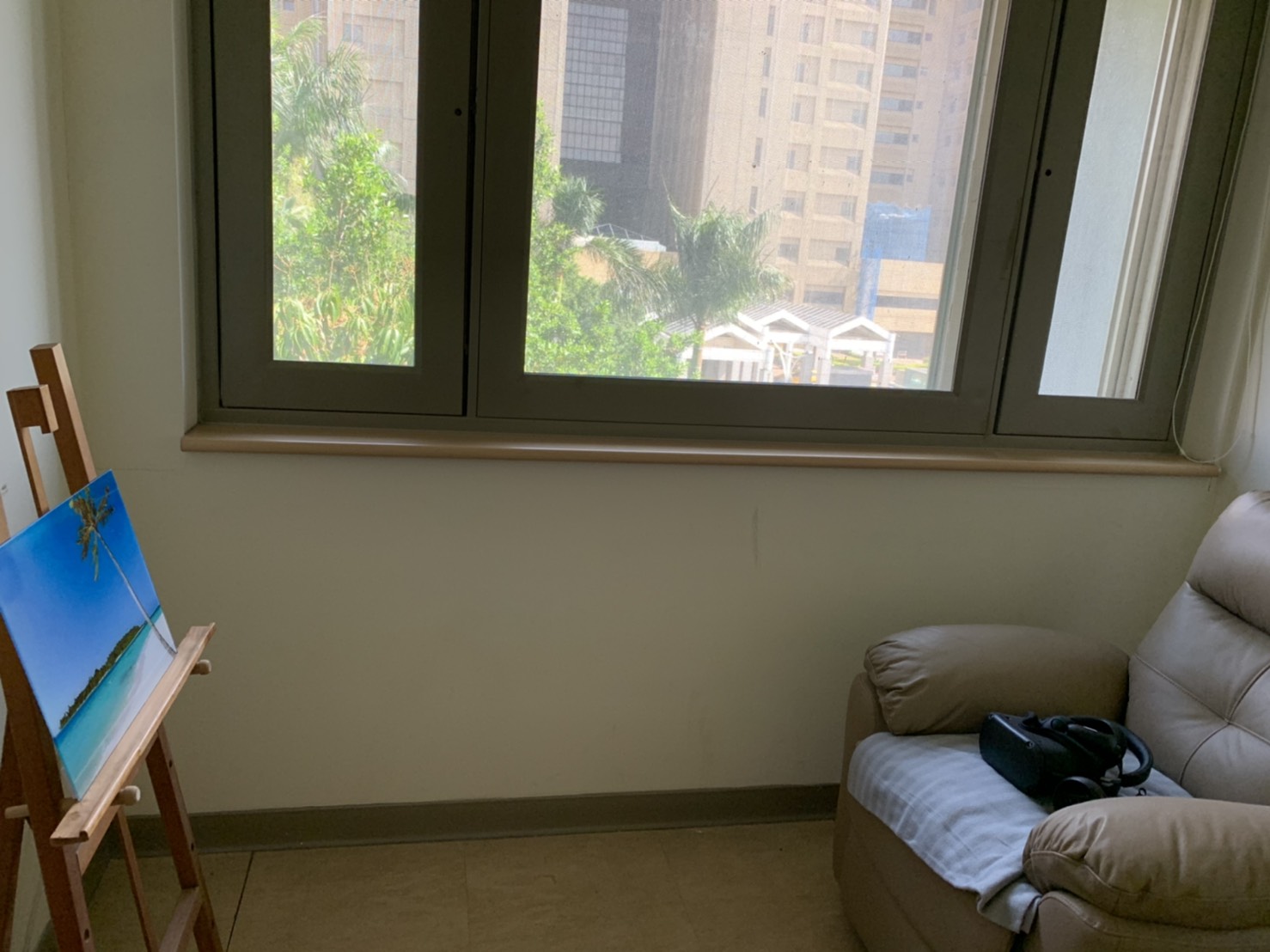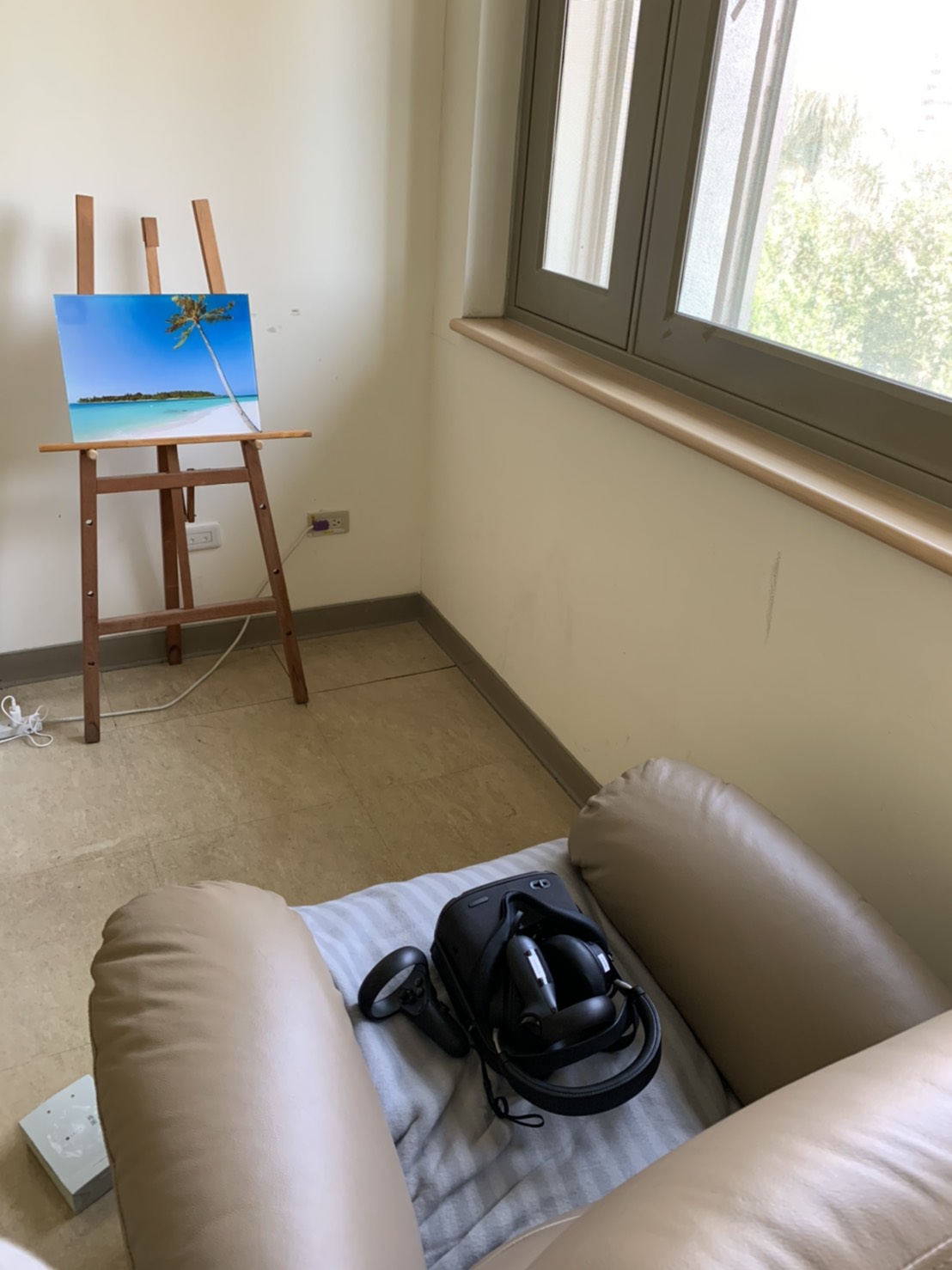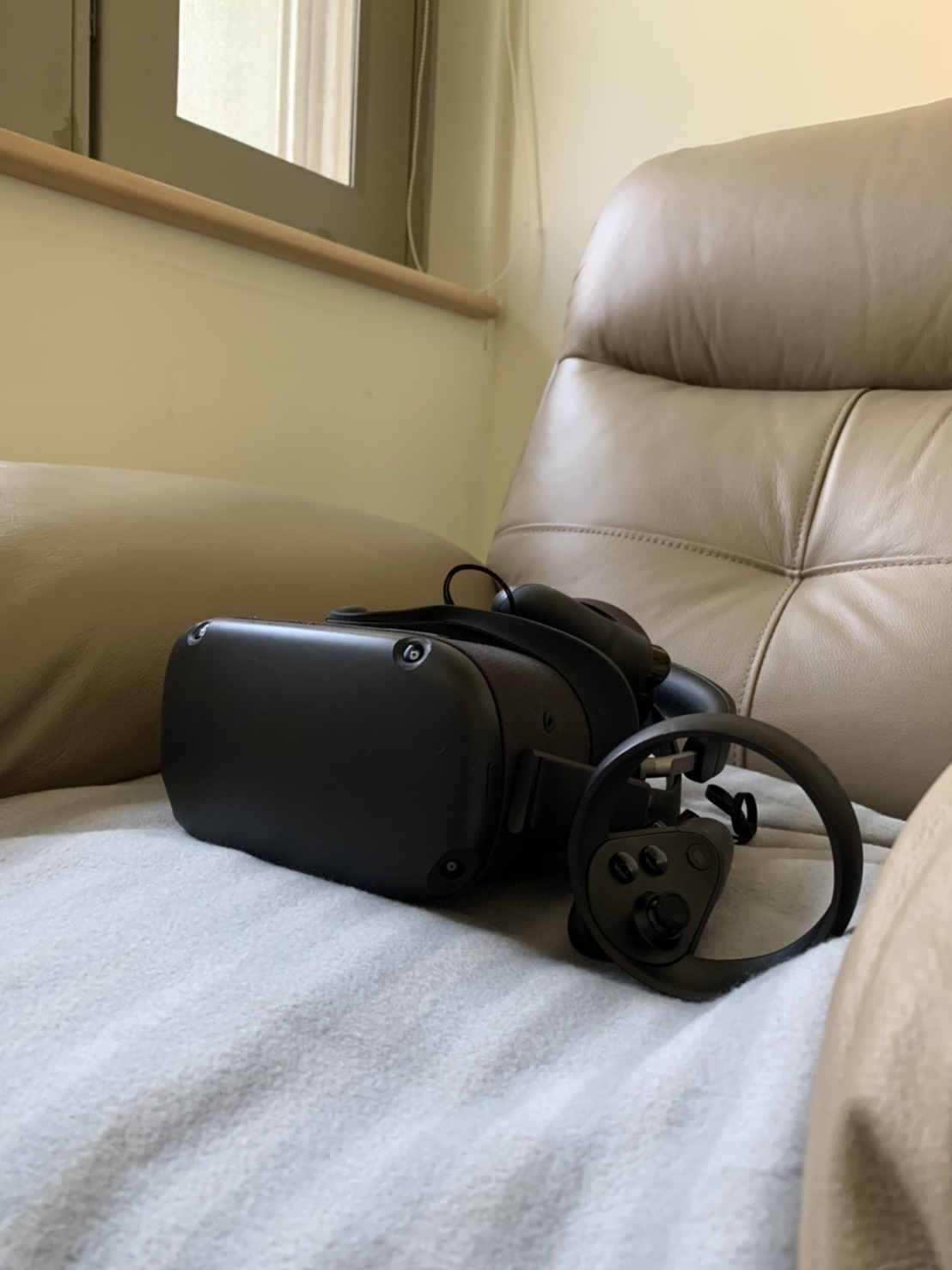This project plans to use virtual reality (VR) technology to assist neurotic patients, including patients with insomnia, anxiety and depression, to relax and reduce stress and to practice abdominal breathing, in order to achieve the purpose of adjusting the patient's function of the autonomic nervous system. We will collaborate with the neurotic daycare center at the National Taiwan University Hospital to allow patients to use the VR relaxation system, and also use subjective paper-pencil instruments and objective evaluation of the cardiac autonomic function to record the patient's physical and mental information, before and after using the VR system, to evaluate whether the VR system can effectively improve the health condition of the patients. The pilot study planned for this project will use the Brief Symptom Rating Scale-30 to evaluate psychological distress and the Insomnia Severity Index to measure sleep disturbances. At the same time, we will also use the built-in inertial measurement unit (IMU) of the head-mounted display to detect the user's head movements and record them in the cloud for cross-referencing the degree of relaxation of each subject before and after the VR system. Based on the experimental results of this pilot study, we expect to understand the advantages and disadvantages of the VR system, and propose some design guidelines for improving the production of VR content and some related interaction mechanisms. In addition, the collected experimental data will be analyzed to evaluate whether the adoption of VR system can effectively improve the health status of neurotic patients.
回到最上



